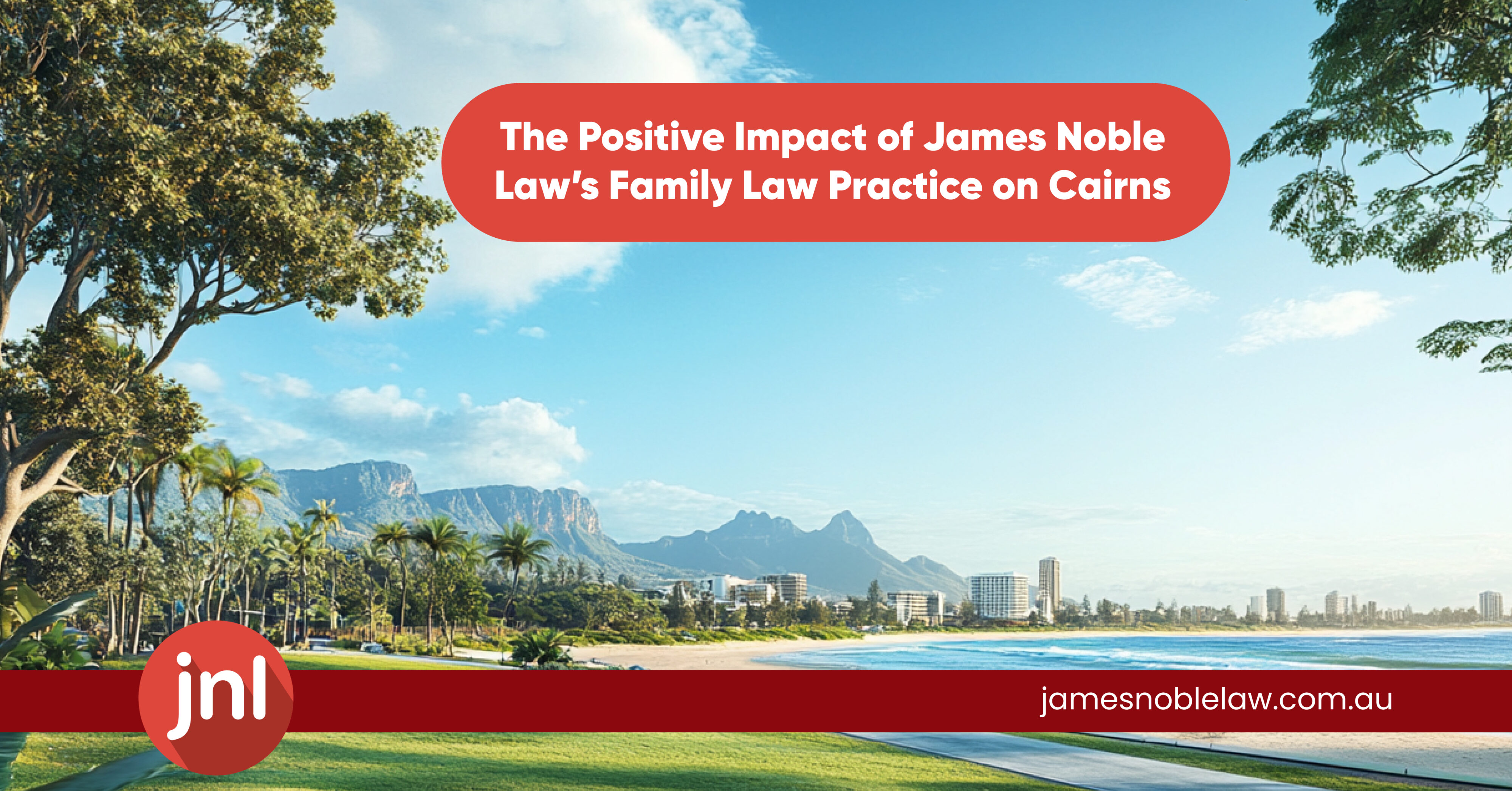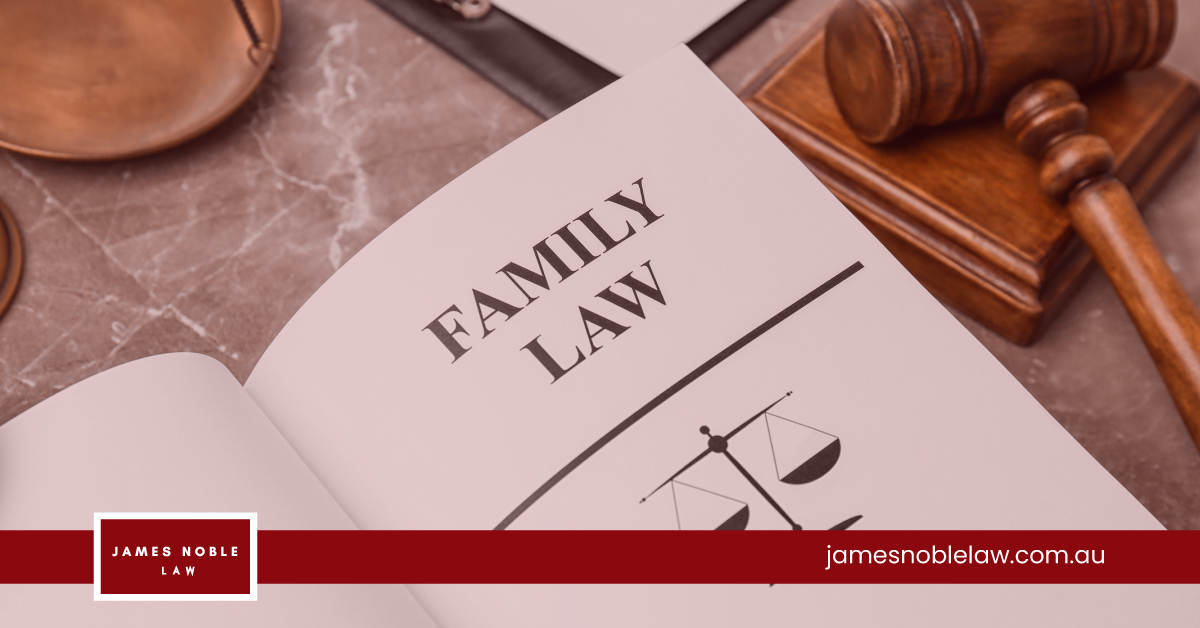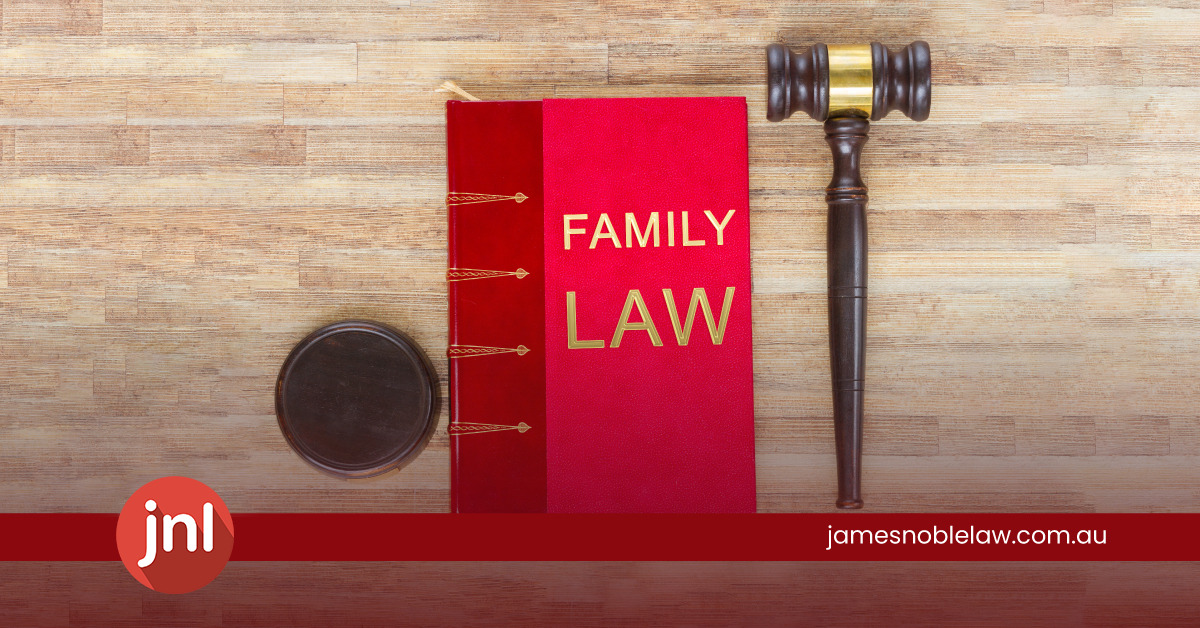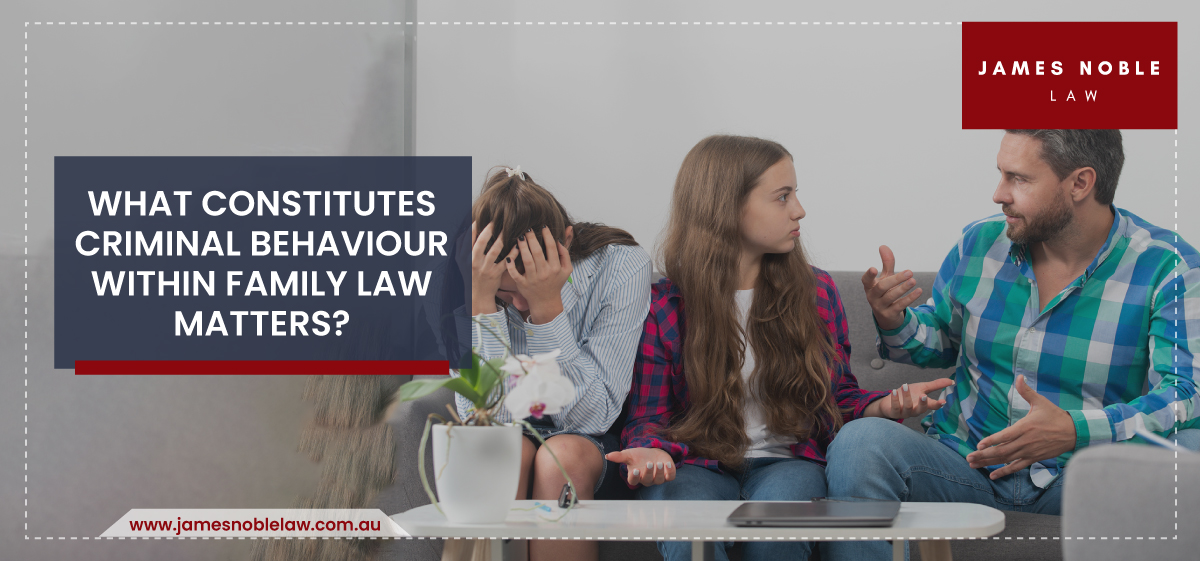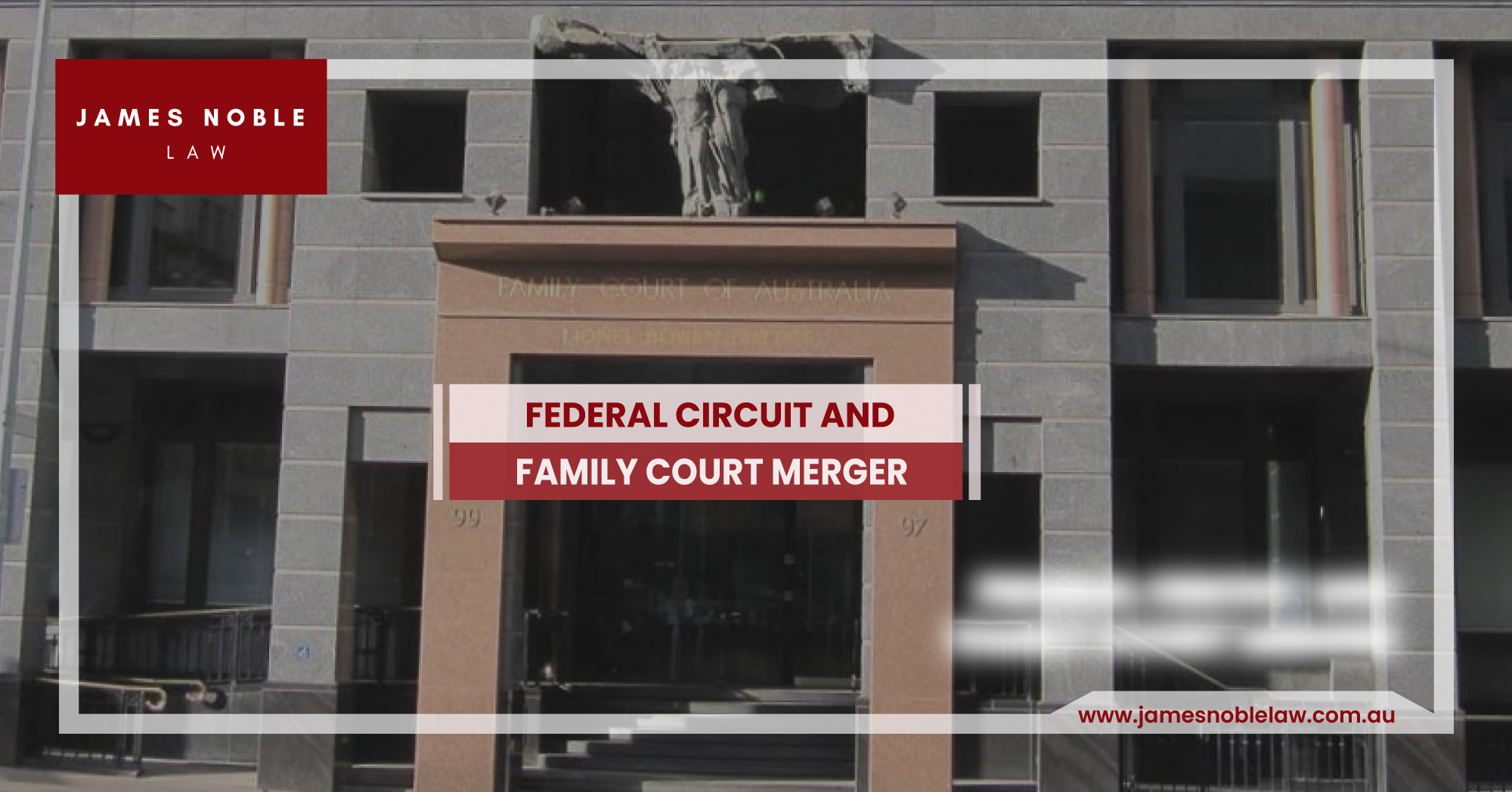The Positive Impact of James Noble Law’s Family Law Practice on Cairns, Queensland
Cairns, Queensland, is renowned for its breathtaking natural beauty, vibrant community, and thriving economy. With the recent establishment and operation of James Noble Law's Family Law Practice in Cairns, this picturesque region stands to gain even more from the expertise and dedication that this legal practice brings. In this article, we'll explore the various benefits that this expansion offers to the Cairns area and its surrounds. [caption id="attachment_18632" align="alignright" width="350"] James noble[/caption] Expertise and Experience: James Noble Law is a...
Read More
Understanding Domestic Violence and Family Law Resources in Cairns, Queensland
Domestic violence is a pervasive issue that affects individuals, families, and communities across the world. In Cairns, Queensland, the impact of domestic violence is profound, leading to significant physical, emotional, and psychological harm. This blog post aims to provide an in-depth understanding of domestic violence, the legal framework surrounding it in Queensland, and the available family law resources for victims in Cairns. What is Domestic Violence? [caption id="attachment_18117" align="alignright" width="350"] Domestic Violence[/caption] Domestic violence, also known as family violence, encompasses...
Read More
Exploring Alternative Dispute Resolution Methods for Family Law Matters in Cairns
In Cairns, like many other places, family law matters can often be emotionally charged and complex. While some cases may seem destined for litigation, alternative dispute resolution methods offer families an opportunity to resolve their issues outside of court. These methods prioritise collaboration, communication, and reaching mutually beneficial solutions. In this blog, we'll delve into the various ADR methods available for family law matters in Cairns, highlighting their benefits and considerations. Understanding Alternative Dispute Resolution [caption id="attachment_17986" align="alignright" width="350"] Alternative...
Read More
QCAT Proceedings And Family Law
QCAT has jurisdiction over a wide range of small claims disputes, including matters related to debts, goods and services, residential tenancy disputes, and minor civil dispute involving amounts up to a certain monetary limit of around $25,000. QCAT can hear some family law matters related to: [caption id="attachment_17884" align="alignright" width="350"] QCAT Proceedings[/caption] Guardianship and administration: This includes matters related to decision-making for adults who lack capacity, such as appointing guardians or administrators. Child protection: QCAT can deal with matters related to...
Read More
Navigating Family Law in Far North Queensland: A Comprehensive Guide to Legal Services in Cairns
Family law matters are often emotionally charged and complex, requiring careful consideration and professional guidance to navigate successfully. In Far North Queensland, specifically in Cairns, there are various legal services available to assist individuals and families facing challenges in areas such as divorce, child custody/living arrangements, and property settlement. This blog aims to shed light on the diverse range of family law services in Cairns, empowering residents to make informed decisions during difficult times. Divorce and Separation [caption id="attachment_17879" align="alignright"...
Read More
Choosing the Right Family Lawyer: A Guide for Queenslanders
When faced with family law matters, finding the right lawyer is crucial to navigating the complexities of the legal system and securing the best possible outcome for your family. In Brisbane, Queensland, selecting the right family lawyer requires careful consideration. Here are some tips to help you make an informed decision: Specialisation in Family Law [caption id="attachment_17705" align="alignright" width="350"] Right Family Lawyer[/caption] Look for a lawyer who specialises exclusively in family law. This ensures they have a deep understanding of...
Read More
Navigating Social Media in Family Law Cases: Dos and Don’ts
[caption id="attachment_17656" align="alignright" width="300"] Family Law Cases[/caption] In today's digital age, social media has become an integral part of our lives. While it is a powerful tool for communication and self-expression, it can also have unintended consequences, especially in the realm of family law. In this blog, we will explore the intersection of Family Law Cases and social media, and discuss what individuals should be careful to post to protect their interests and well-being. The Impact of Social Media on...
Read More
Town Agency Lawyer Services in Cairns, Australia: Navigating the Legal Landscape
Nestled in the tropical paradise of Queensland, Cairns is a vibrant city that boasts not only breathtaking natural beauty but also a dynamic legal environment. In this tropical haven, legal services play a pivotal role in ensuring that justice is served to its residents. One crucial aspect of this legal landscape is town agency lawyer services. This blog will delve into the role of our town agency lawyers in Cairns, especially their involvement in matters that may require appearances at...
Read More
What to expect in a private Family Law Mediation?
Mediation is an alternative dispute resolution process whereby an experienced practitioner, former judge or barrister assistsparties to negotiate reachinga satisfactory outcome. Unlike litigation, the outcome of the mediation session is shaped by the parties’ expectations and positions, rather than rest in the hands of a judge or registrar. Mediation is a confidential process unless the mediator reasonably believes that disclosure is necessary to protect a child or person from the risk of harm, amongst other exemptions.- Family Law Mediatio What...
Read More
January Legal Checkup: Reviewing Your Family Law Documents
As we move into the new year, it is the perfect time to reflect on our personal goals and priorities, and that includes ensuring our legal affairs are in order. One crucial aspect often overlooked is the review and update of family law documents. Whether it is a Will, Power of Attorney, or healthcare directive, these documents play a pivotal role in safeguarding your family's future. Your Will [caption id="attachment_17548" align="alignright" width="300"] Family Law Documents[/caption] A January legal checkup can...
Read More
Impact of Recent Family Law Changes on Cairns Residents
Changes in Family Law Affecting Cairns Residents Family law is a dynamic and ever-evolving field, with regular changes and updates that can significantly impact individuals and families. Cairns, a beautiful city in Queensland, Australia, is no exception to these changes. Recent developments in family law have brought about several important modifications that Cairns’ residents should be aware of. In this blog, we will explore some of the key changes in family law that affect Cairns residents and how these changes...
Read More
Breaches of Financial Court Orders and Enforcement
Breaches of Financial Court Orders and Enforcement [caption id="attachment_14773" align="alignright" width="350"] Breaches of Financial Court Orders and Enforcement[/caption] Breaches of Financial Court Orders are common, though not ideal in Family Law matters, especially for property matters where large sums of money are to be paid and transfer of property is to be arranged. In general, financial orders require payment of a sum of money or the transfer of property/chattels. When a party refuses or fails to pay the sum or...
Read More
Consent Orders in Family Law Matters
Consent Orders in Family Law Matters - Australia According to the information provided by Adam Cooper in a paper he has delivered. Consent orders are a very useful means of obtaining orders from the Family Court in regard to property and children's matters. Consent orders carry many advantages, including the exemption in property matters for roll-over stamp duty and capital gains tax. Being an economical and less invasive means of resolution, an ability to divide superannuation interests between the parties,...
Read More
Can you use secret audio recordings in family law?
Can you use secret audio recordings in family law? As technology continues to evolve, it is becoming more common for clients to ask whether they can use secret audio recordings in their family law matters. Before you consider recording your conversation with the other party, there are several important factors that you need to consider, including: Whether the recording is legal to make in Queensland; Whether a Court will allow the recording to be used as evidence; and Whether you...
Read More
What is an ICL ?
Independent Children’s Lawyer (ICL) So your parenting matter is in Court and the Judge has made an Order for an Independent Children’s Lawyer to be appointed in your matter. What is an Independent Children’s Lawyer (ICL) and why has this Order been made? Independent Children’s Lawyers, more commonly referred to as ICL’s are independent separate legal representatives who act on behalf of the child or children who are the subject of the Court proceedings and ensure the best interests of...
Read More
What To Do If You Don’t Agree With The Single Expert Report?
When an expert is appointed for The Single Expert Report In family law matters, parties often cannot agree on the value of assets such as real property or businesses during their property settlement. In these circumstances, the Federal Circuit and Family Court of Australia (Family Law) Rules 2021 require the parties to obtain an independent expert report to determine the value. Pursuant to the Rules, the parties may agree to jointly appoint a single expert witness, or the Court may,...
Read More
Coercive Control in Queensland
What is coercive control in Queensland? The Queensland Government has announced that the State will introduce legislation to make coercive control a criminal offense by the end of 2023. The overhaul of laws and practices to better protect Queenslanders from domestic and family violence and hold perpetrators to account also includes: New programs to recognize and prevent coercive control; Commission of Inquiry into police responses to domestic and family violence; Expansion of the Domestic and Family Violence Courts; Better support...
Read More
Criminal Behaviors within Family Law Matters
Over the past few years, criminal law and family violence have increasingly interconnected with family law and child protection matters. At times family law matters, especially when involving children, can often reveal the complexities within a family, and therefore it is not uncommon for these complexities to also include some criminal elements which in family law can also be considered family violence. It is important to understand that this does not necessarily mean that the criminal elements/family violence are due...
Read More
The Dangers of Social Media in Family Law Disputes
Dangers of Social Media [caption id="attachment_16605" align="alignright" width="350"] Dangers of Social Media[/caption] The rise of social media is impacting various areas of law, particularly family law proceedings. While sharing a social media post may seem harmless, a recent Family Law Review found that 81% of cases accepted social media evidence. There is no denying that an impulsive post can seriously affect the outcome of your matter. The dangers of social media in the context of family law proceedings cannot be...
Read More
Federal Circuit and Family Court Merger
On 1 September 2021 the Family Court of Australia merged with the Federal Circuit Court of Australia. The new Court referred to as the Federal Circuit and Family Court of Australia has a primary aim to finalise 90% of property or parenting matters by way of providing a final judgment and decision within 12 months of filing an Initiating Application. For years, the Family and Federal Circuit Court’s have been overworked, understaffed, and plagued by constant delays and adjournments of...
Read More


